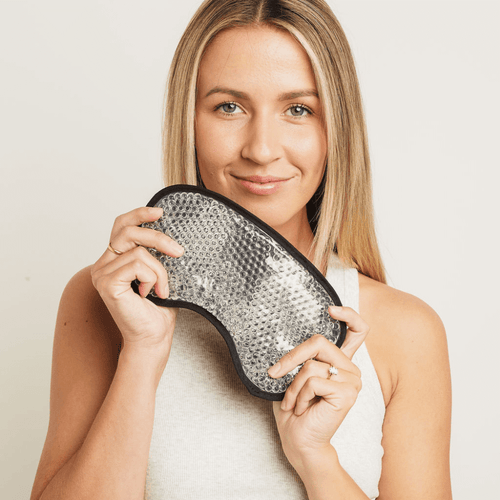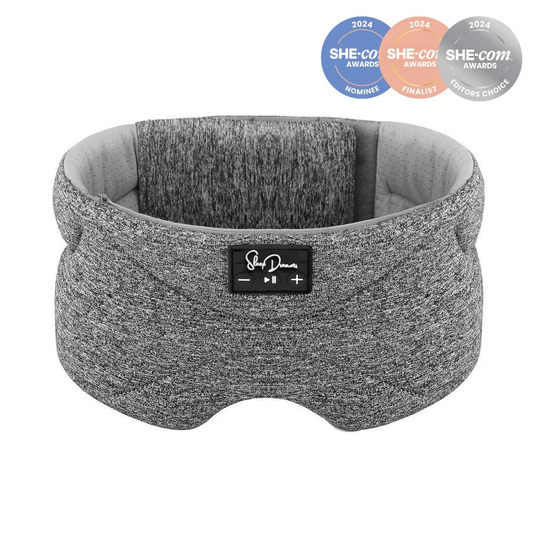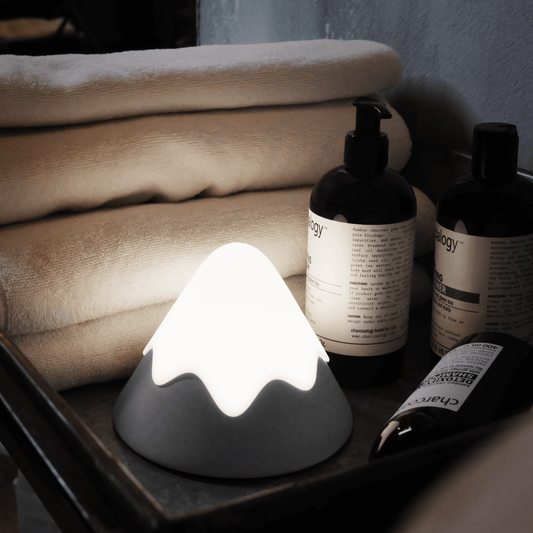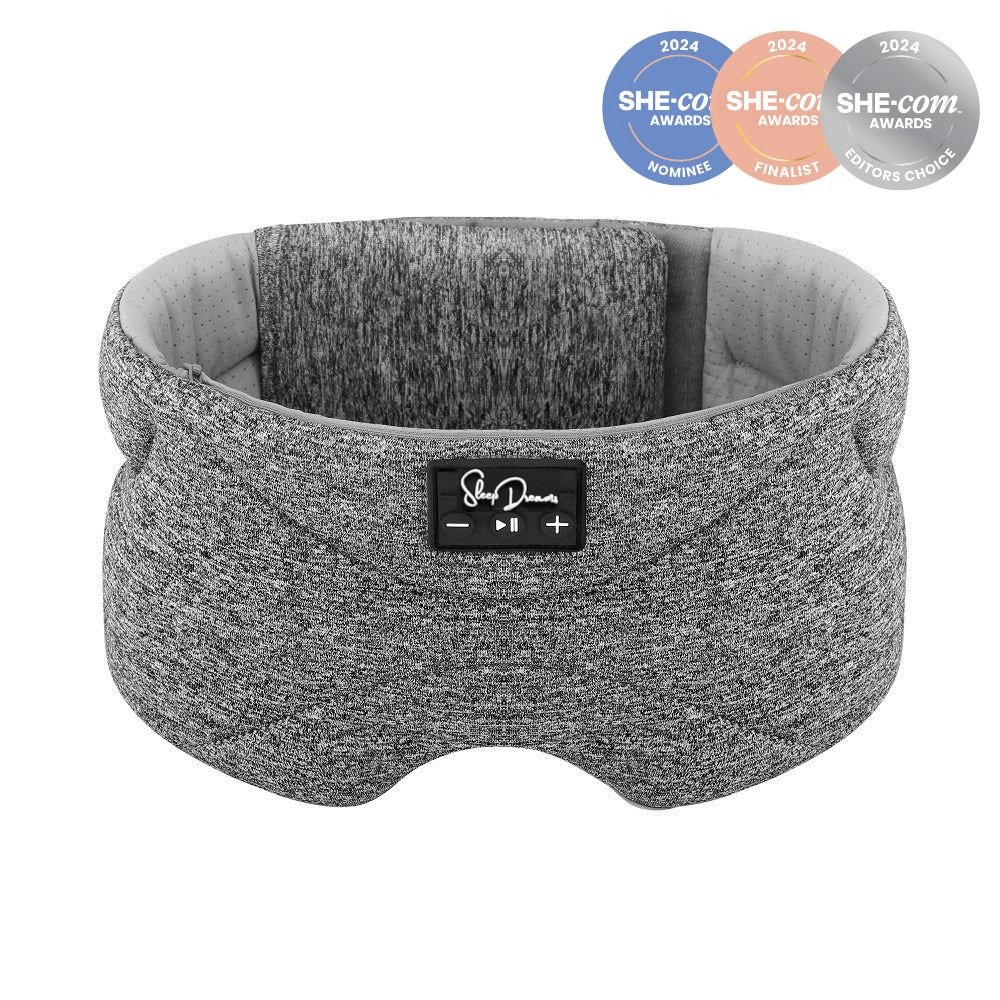If you’ve been struggling to get a good night's sleep, you're not alone – we’ve been there too! The key to better sleep lies in identifying what’s disrupting your rest. It could be an issue with your environment, your routine, or even your health. Everyone is different, so figuring out what works for you is essential. Let’s take a look at some simple ways to figure out what kind of support you need.

Step 1: Identify Your Sleep Struggles
Before diving into solutions, it’s important to figure out what’s stopping you from getting restful sleep. Here’s a checklist to help you narrow down the issue:
Sleep Struggle Checklist
-
Do you wake up during the night or feel restless?
- Could be a routine issue or something health-related.
-
Do you find it hard to relax before bed?
- You might need better relaxation techniques.
-
Is your bedroom too hot, cold, or noisy?
- This could be an environmental problem.
-
Do you feel anxious or have trouble switching off?
- You may need to adjust your routine or explore stress-relief methods.
-
Do you feel tired even after a full night’s sleep?
- Consider underlying health factors like nutrient deficiencies.
Once you’ve identified your main sleep disruptors, it’s easier to work on the right solution.
Step 2: Tailor Your Sleep Solution
Based on your answers above, let’s explore some key sleep solutions.
1. Environmental Factors
Your sleep environment plays a significant role in how well you rest. If you’ve identified that your room isn’t quite the relaxing haven it needs to be, try these tips:
-
Light Pollution: If stray lights are keeping you awake, consider using blackout stickers to cover electronic lights or invest in blackout curtains.
-
Temperature: Keep your room cool but not cold. Consider using a fan or adjusting your bedding to suit the season.
-
Bedding: If your sheets are uncomfortable, try upgrading to soft, breathable fabrics like silk or cotton. Silk sheets, in particular, help regulate body temperature and reduce irritation on your skin.
-
Noise: If noise is an issue, try sleep headphones that play white noise or calming sounds, like ocean waves or rain, to block out distractions.
2. Routine Adjustments
A solid pre-sleep routine helps signal to your body that it’s time to wind down. Here are some simple but effective changes to make:
-
Consistency: Go to bed and wake up at the same time every day, even on weekends. This trains your body’s internal clock.
-
Limit Stimulants: Avoid caffeine or alcohol too close to bedtime, as these can disrupt your sleep cycle.
-
Screen Time: Try switching off your devices at least 30 minutes before bed. Instead, read a book, listen to soothing music, or take a warm bath with relaxing scents like lavender.
-
Evening Wind-Down: Consider incorporating relaxation techniques, like a gentle massage, or using magnesium bath salts. These help relax muscles and calm the mind before sleep.
3. Health Considerations
Sometimes, the issue goes beyond routine or environment. Nutrient imbalances or stress could be affecting your ability to sleep well. Here’s what you can try:
-
Magnesium: Magnesium is a natural muscle relaxant and has been shown to support better sleep. You can take it as a supplement, drink, or even in a bath using magnesium salts or bath bombs. Many people swear by a magnesium drink 30 minutes before bed.
-
Stress Levels: If you’re feeling anxious, relaxation techniques like meditation, deep breathing, or yoga before bed can make a world of difference. Try tracking your stress or sleep patterns using a sleep app to identify patterns and adjust accordingly.
Step 3: Track Your Progress
It can be hard to know what works best right away, so tracking your sleep over a period of time can help you figure out the most effective solutions. Here’s how:
-
Sleep Diary: Write down when you go to bed, wake up, and any disruptions during the night. Also, track what changes you’ve made to your routine or environment.
-
Sleep Apps: These can provide data on your sleep cycles, showing when you’re in light or deep sleep, and how many times you wake up.
Once you’ve tracked your habits for a week or two, you’ll have a clearer picture of what’s helping and what’s not. Adjust your approach based on what the data shows.
A Personalised Path to Better Sleep
Everyone’s sleep needs are different, so it’s important to explore what works best for you. Whether it’s adjusting your bedroom environment, tweaking your routine, or focusing on health factors like stress or magnesium intake, there are plenty of ways to improve your sleep quality.
With time and patience, you’ll find the perfect combination of strategies to help you get the restful sleep you’ve been searching for.





















